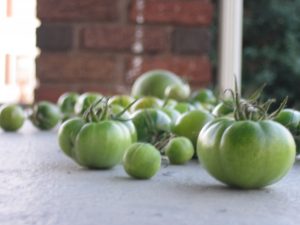 Lierre Keith's The Vegetarian Myth is one of the most important books ever written about food and the sustainability of the human species. It is at once deeply personal, overwhelmingly provocative, and academically sound as it calls into question all of the stories we have ever been told about where food comes from, what kind of food we should eat (especially in the context of veganism and vegetarianism), and what impact our food choices make on our bodies and the world around us. And that's just the core themes; Keith deftly weaves together food politics with economics, religion, culture, misogyny, masculinity, feminism, media issues, peak oil, liberalism vs radicalism, and so much more.
Lierre Keith's The Vegetarian Myth is one of the most important books ever written about food and the sustainability of the human species. It is at once deeply personal, overwhelmingly provocative, and academically sound as it calls into question all of the stories we have ever been told about where food comes from, what kind of food we should eat (especially in the context of veganism and vegetarianism), and what impact our food choices make on our bodies and the world around us. And that's just the core themes; Keith deftly weaves together food politics with economics, religion, culture, misogyny, masculinity, feminism, media issues, peak oil, liberalism vs radicalism, and so much more.
In short, if you think about what you eat, how it got to you, and the issues of nutrition, morality, politics and spirituality come with it, it is paramount that you encounter what The Vegetarian Myth has to offer.
My full review continues:


